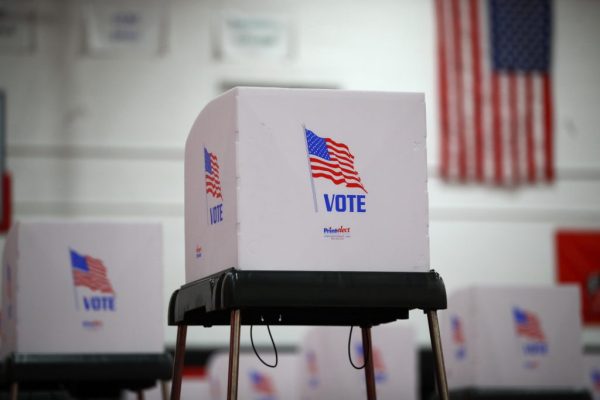School and Sleep: A Troubled Dynamic
April 20, 2021
Sleep is one of the most fundamental needs for a functioning human body. When sleep is plentiful, we can see benefits ranging from a sharper mind to a better mood to improved athletic performance. Simply put, people need sleep to be their best self. However, high school, with large workloads, sports, and extracurriculars, students’ schedules are severely strained, leaving us to ask the question: are students getting enough sleep to perform at their best?
For most students in America, school usually starts around 8 a.m. and runs until 3 p.m. Depending on where they live, students regularly have to wake up around 6 or 7 to get ready for school. Because it is recommended that teenagers get between 8 to 10 hours of sleep, students who wake up at 6 or 7 in the morning should fall asleep by around 10 or 11 p.m. at the latest. The current school format makes this difficult, hurting students. Wendy Troxel, a senior behavioral and social scientist at the RAND Corporation, found that the standard school start time of 8 a.m. is putting students, specifically teens, at a massive disadvantage due to their delay in sleep-wake cycles. Sleep-wake cycles are a type of circadian rhythm that dictates our daily sleeping and wakefulness patterns. For adults, who generally need less sleep, the current system works. However, adolescents have a biologically driven delay in their sleep-wake cycles. This is not a modern phenomenon resulting from new technology either, as that is seen across many cultures regardless of their accessibility to technology. Although scientists generally agree that this delay in sleep-wake cycles for adolescents exists, its cause has not been confirmed. Prominent theories behind the sleep-wake cycle delay note the hormonal increases seen during the course of puberty.
Despite High School’s stated purpose of successfully providing an education to teens, its schedule works against teenage biological inclination. When schools demand students to get up early forcing, many are left tired and unmotivated. In the long run, this schedule hurts students even more. A lack of sleep in adolescents can also correlate to attracting depressive symptoms, weight gain, poor academic performance, a weaker immune system, and even partaking in unhealthy behaviors like alcohol consumption and smoking. Something needs to change.
Although the current school schedules are undesirable, it is hard to find a perfect solution. Making a change in the school day would affect bus routes, after-school activities, and sporting events, and all would need to be considered. In order to provide students with the best circumstances to become successful in their academic, athletic, or even extracurricular pursuits, the school day along with other athletic and extracurricular events and practices must be rescheduled later into the day. All of these changes would require a lot of effort and work. However, the positive benefits for students vastly outweigh the work needed to reschedule.











ori • Mar 15, 2022 at 4:25 pm
yessir
Christine Haught • Oct 9, 2021 at 3:31 am
I could not agree more Abem! Great article. I have been working with a naturopath and have never felt better. One thing he suggests is putting our phones on airplane mode at night. This has helped me tremendously! Cheers, Christine